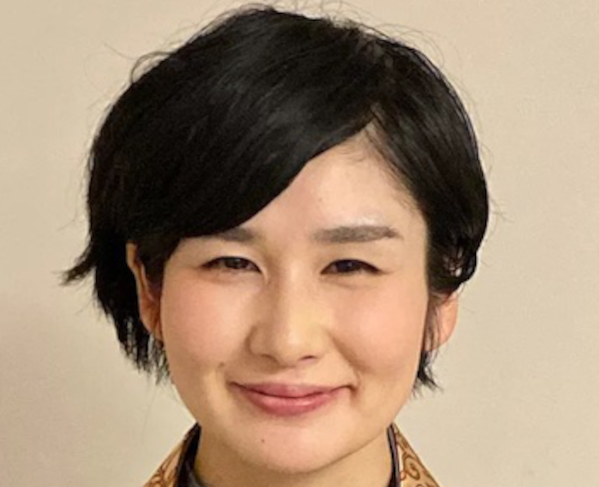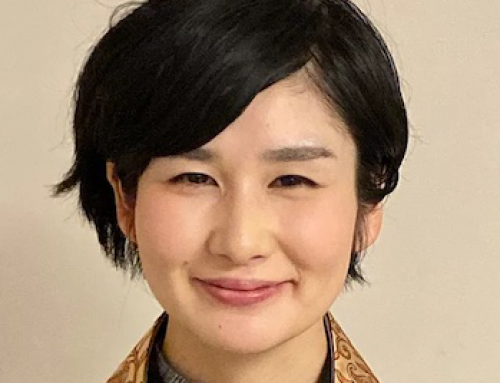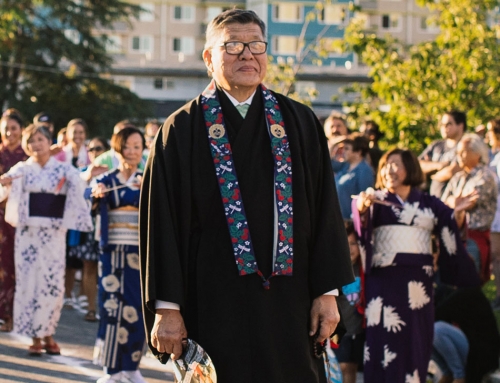The taste of coffee differs greatly depending on the way it is brewed. According to a coffee expert, the slightest effort in areas closely related solely to physical actions, such as how to fold the filter, how much the powder is steamed, and the temperature and pouring of the hot water, can make the coffee taste completely different, even if the same coffee beans are used. I don’t drink coffee very often, and I have never cared that much about how to make it. But I do often drink green tea. It is easy to brew it with a tea bag, but I like to try putting the tea leaves in a pot as much as possible. I grew up drinking tea with my grandmother a lot when I was in Japan, so I enjoy tea that way as a reminder of that. I have learned over and over again from my grandmother her tips on how to brew tea that is mellow without being too bitter. I try not to overfill the tea leaves, rather just let the water cool, and let it steep slowly.
Not only in brewing coffee or green tea, but when one tries to accomplish something by using one’s own hands, one can feel a direct connection between the process and the result. If I were to make the tea myself, depending on the day, sometimes the tea would be perfect, sometimes it would be too thin, sometimes too bitter. It is difficult to find the right balance.
For a satisfying drink, it is necessary to find out what has spoiled the taste and correct it before the next drink. In other words, it is important to have bidirectional feedback of input and output through one’s own body. I enjoy brewing and having tea by myself while doing trial and error, but I would prefer the tea brewed and served by somebody. I like it because I can feel the welcome and warmth that are irreplaceable with anything there.
Rev Giei Sasaki, who came to the Betsuin for his IMOP (International Ministerial Orientation Program) taught me in his talk;
“Shinran Shonin explained the significance of the Nembutsu from three aspects.
First, he describes the Nembutsu as “the compassionate voice of Amida Buddha who constantly calls to us.” It corresponds with the caring words welcoming you home….. Second, Shinran Shonin explains that the Nembutsu is created from Amida Buddha’s Great Compassion. In other words, the Buddha’s caring heart has been imbued in the Nembutsu.…… Third, Shinran Shonin describes the Nembutsu as the practice, which was specified in the Primal Vow. In this Vow, Amida Buddha pledges to save all living beings by letting them “say my name.” When it is offered from someone’s genuine kindness, a cup of tea should soften your rigid heart. Likewise, the Nembutsu filled with Amida Buddha’s compassion includes the salvific work that eventually guides us to enlightenment in the Pure Land. The Nembutsu is created from the genuine caring heart of the Buddha.”
Namo Amida Butsu is like the cup of tea served by Amida Buddha who perfectly made it for us to help us warm our heart which are hurt and frozen by various words and unexpected circumstances with its great compassion. So, feeling Amida’s warm caring heart in your mind, whenever you recite Namo Amida Butsu, your satisfying cup of drink is always there for you. So, no matter who recites the Nembutsu in any situation of your life, there are the same virtues and warmth in there. Please go ahead and savor it in your life.




